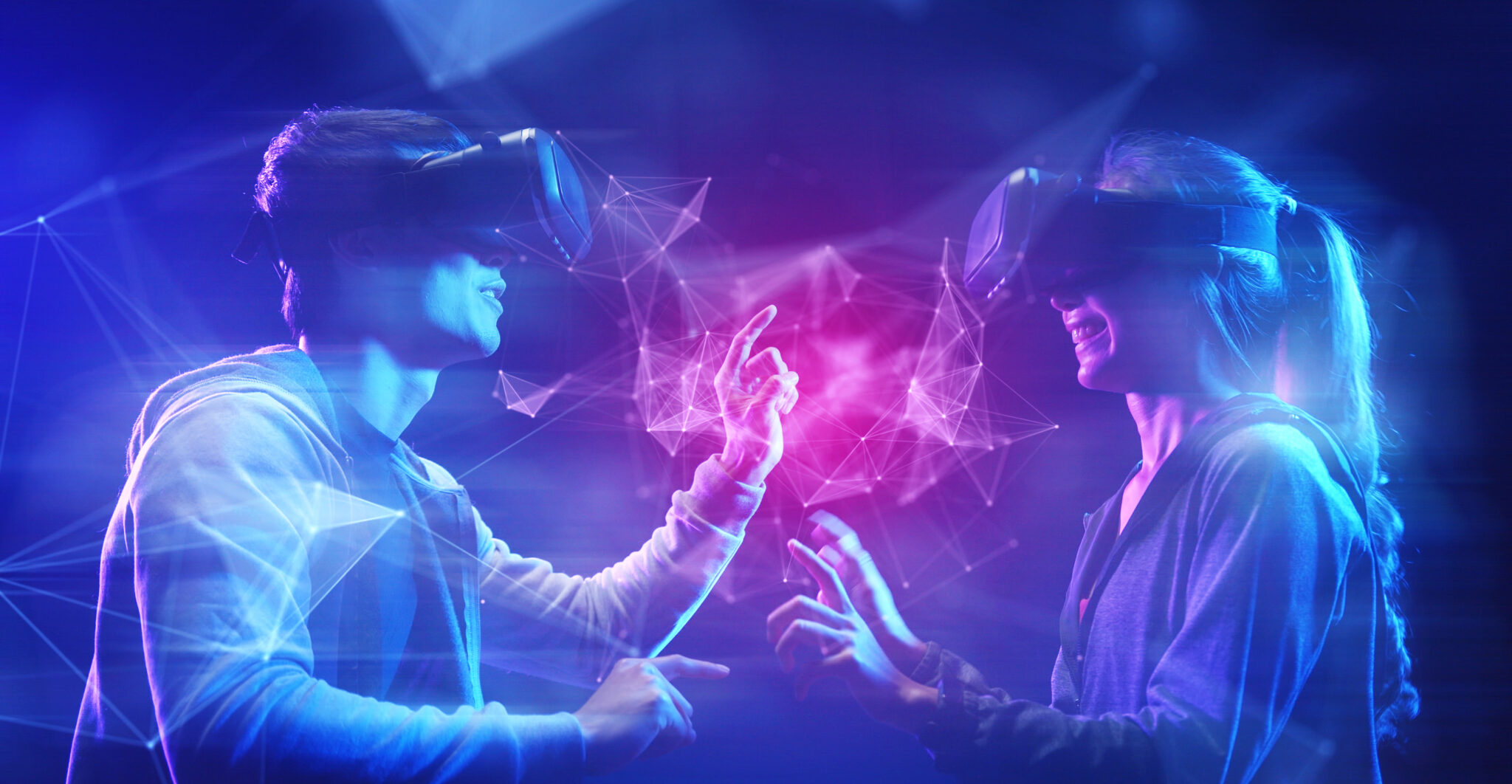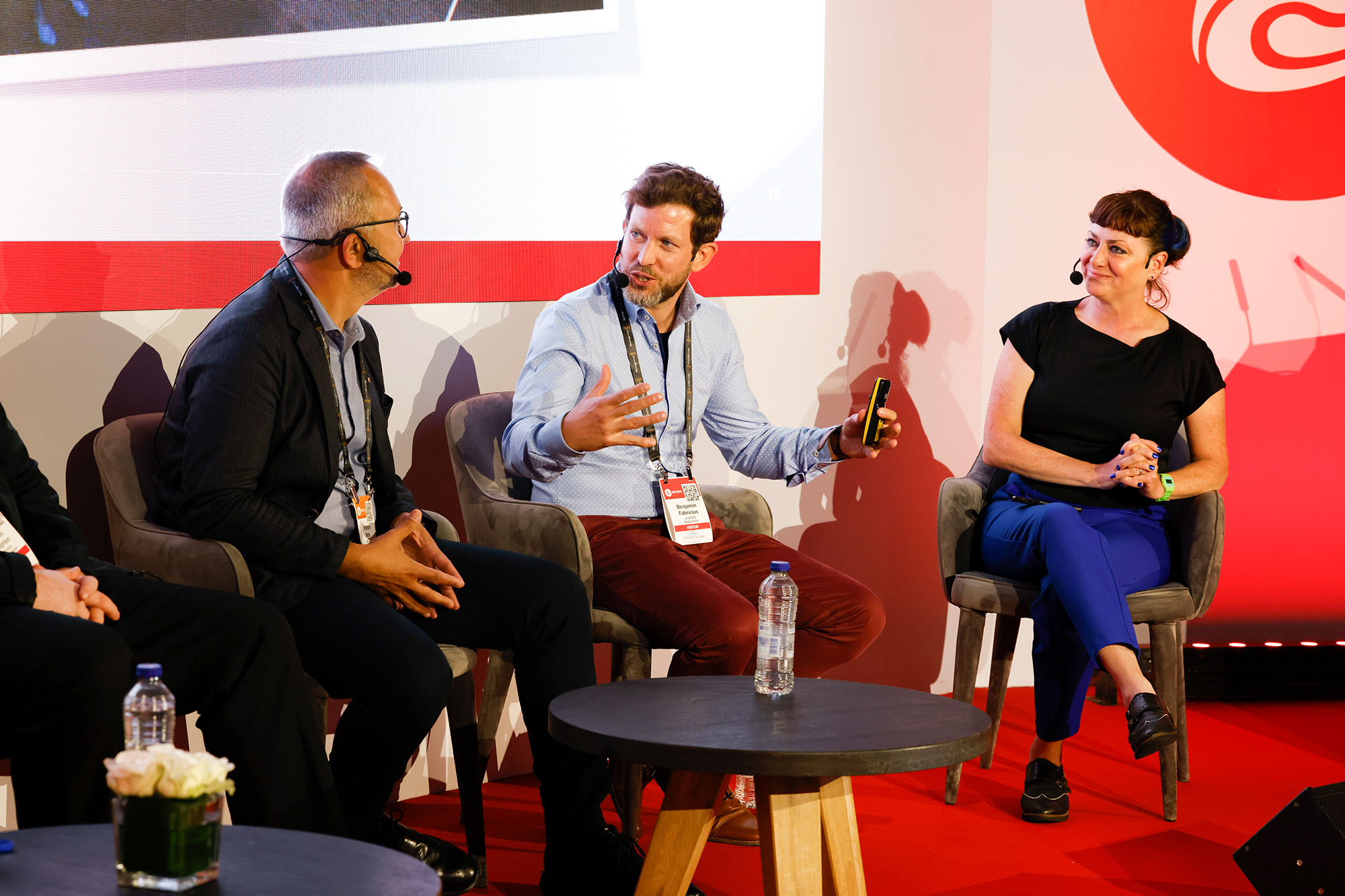Latest News
uniqFEED explores virtual advertising in extended realities for esports, as part of the IBC 2022 Accelerator Programme

The term “Metaverse” is becoming increasingly prevalent and even pervasive over the past number of years. And while, as with so many other innovations, the technology forges rapidly ahead, the world is left wondering what exactly we are going to do with it. Undoubtedly, this is something that is set to penetrate every industry in one way or another, but as of yet, we have few real-world examples with which to ground our understanding. Key to the success of the Metaverse is the advancements that are being made in XR. XR, or extended reality, is an umbrella term that encompasses AR (Augmented Reality), VR (Virtual Reality), and other computer-enhanced realities and is also referred to as Immersive Technology, implying a bridging of the physical and digital worlds.
Over the past few months, uniqFEED has been working with a group of organizations as part of the IBC Accelerator Media Innovation Programme on an application for XR in gaming/esports, titled 5G, and the Arena of the Future for XR Events. Using the combined expertise and knowledge of the various participating companies, the project explores the potential for 5G and XR for creating and commercializing virtual environments such as e-sport arenas. uniqFEED’s part in this project is to enable the augmentation of the “arena-verse” with virtual advertising content.
How it Works
This year’s project is based around the physical esport, HADO, an AR game that closely resembles dodgeball. The game takes place in an AR universe – while the players physically participate within real-world arenas, wearing AR headgear and motion sensors on their arms, the action also takes place in the virtual world, where spectators can watch the gameplay using their own AR goggles and experience the virtual elements and graphics alongside the gameplay.
This virtual world offers up tremendous commercial opportunities for brands. If distributed via traditional linear broadcast, sponsors would have the chance to target different geographical markets with targeted advertising. If broadcast via OTT, the commercial opportunities expand even further. There is potential for spectators to experience personalized advertising content that is tailored to them based on their online behavior and preferences. Given that this game already takes place in an extended reality environment, the opportunities for engagement between the brands and the fans are endless, as fans could potentially interact directly with the advertising content.
The objective of the project is to leverage 5G’s low latency connectivity to deliver innovative and interactive live VR sporting broadcast events across multiple platforms, locations, and fan accessibility mediums in both physical and virtual worlds, bringing to life the creation and consumption of live content via a broadcast that is immersive, inclusive and a social experience for audiences. The goal is also to provide and hyper-personalized experience for both players and fans via 5G low-latency for real-time gameplay telemetry exchange, motion capture for live avatars, custom content, and immersive social platforms.
uniqFEED’s Head of Product Management Benjamin Fabricius presented the project alongside CEO of Hado Jim Sephton, AMD’S John Canning, and Kristian Mets from NetInsight, representing a team made up of experts from over 18 different companies in many different sectors including broadcast, production, and esports.

About the IBC Accelerator Programme
“The Accelerator Programme is a managed framework for innovation, introduced by IBC in response to the myriad of disruptive challenges and opportunities of digital transformation, and the need to innovate at speed in today’s fast-changing, dynamic media and entertainment sector”, says Mark Smith, Innovation Lead and Advisor to IBC. “The IBC Accelerator programme was created in 2019 to help the media and entertainment industry tackle new challenges in an agile and collaborative manner. The heart of the concept is to bring together industry end users and buyers of media and entertainment technology, products and services to collaborate in short sprint, fixed term four-to six-month projects, with final POC results revealed at IBC in September”